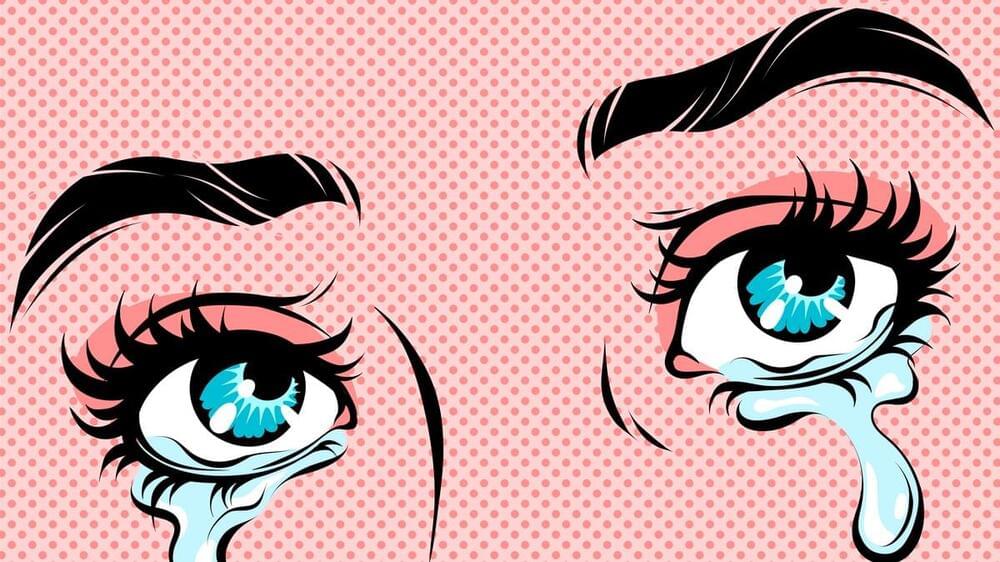The propensity to cry emotional tears is uniquely human. Of all the claims to human exceptionality—consciousness, intelligence, innovation—it is the liquid that falls from our eyes when we are sad, happy, jealous, angry, and grateful, more than anything else, that we can call ours, and ours alone.
And yet the act of emotional crying is poorly understood. There is remarkably little consensus about the purpose of crying, its underlying physiology, and its impact on our moods. “What intrigued me about crying is how few people in the world have been studying it,” said Lauren Bylsma, an assistant professor of psychiatry and psychology at the University of Pittsburgh. “You would think with such a ubiquitous and important behavior, there would be more known about it.”
